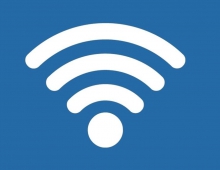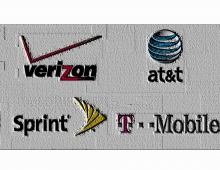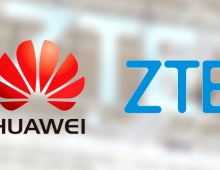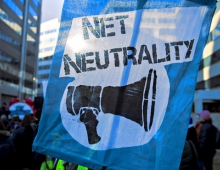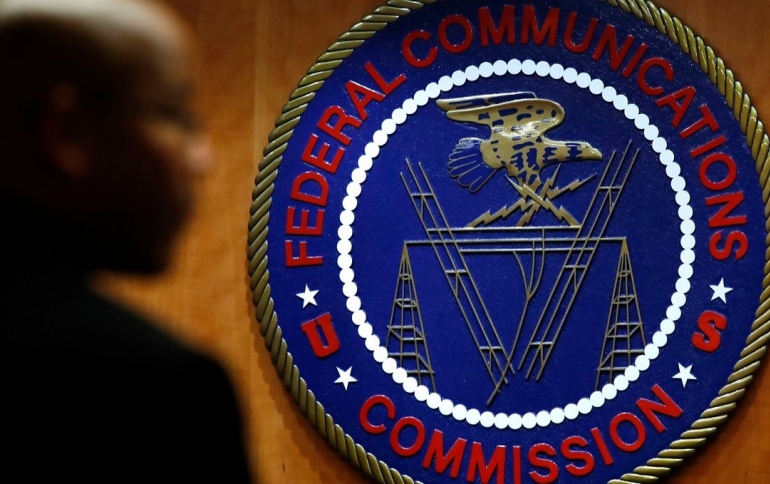
FCC Says Wireless Carriers Can Block Spam Pobotext Messages
The Federal Communications Commission today issued a ruling rejecting requests to make it harder for text messaging providers to protect consumers from spam and scam robotexts.
The Commission’s decision makes clear that wireless providers are authorized to continue their efforts to stop unwanted text messaging through robotext-blocking, anti-spoofing measures, and other anti-spam features.
Wireless messaging has become a trusted form of communication for millions of Americans in large part because wireless providers have taken measures to prevent spam and other unwanted or malicious traffic from clogging consumers’ phones. As a result of these efforts, wireless messaging remains a relatively spam-free service, with the spam rate for Short Message Service (SMS) estimated at less than 3%.
In today’s ruling, the FCC denies requests from mass-texting companies and other parties to classify text messaging services as “telecommunications services” subject to common carrier regulation under the Communications Act—a classification that would limit wireless providers’ efforts to combat spam and scam robotexts effectively. Instead, the FCC finds that two forms of wireless messaging services, SMS and Multimedia Messaging Service (MMS), are “information services” under the Communications Act. With this decision, the FCC empowers wireless providers to continue taking action to protect American consumers from unwanted text messages.
FCC Chairman Ajit Pai said the commission’s decision would allow wireless providers “to continue taking action against unwanted text messages.” But FCC Commissioner Jessica Rosenworcel, a Democrat, said the vote means “you no longer have the final say on where your text messages go and what they said. That means your carrier now has the legal right to block your text messages and censor the very content of your messages.”
The FCC said the decision addressed bulk messaging and did not affect individuals sending messages or blocking specific senders.



